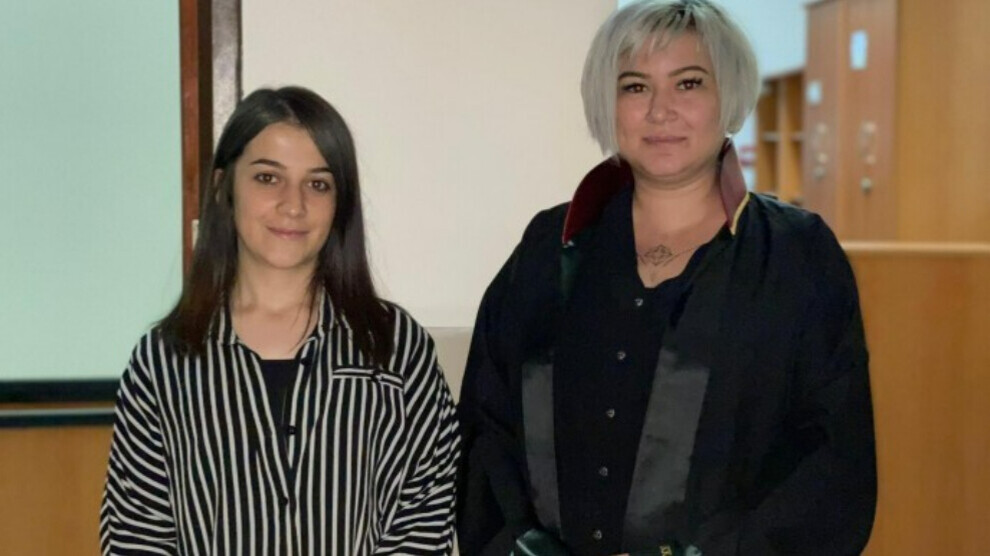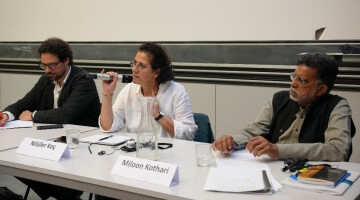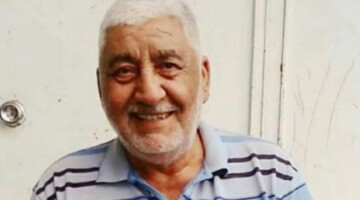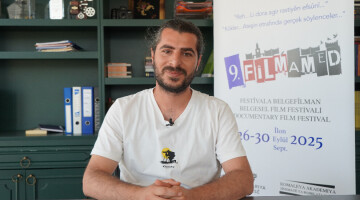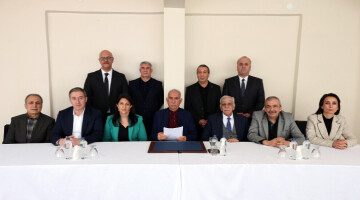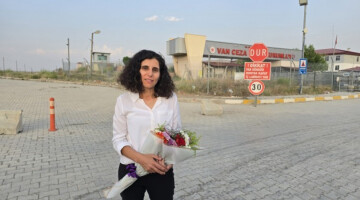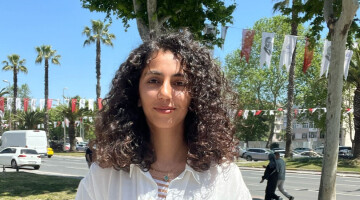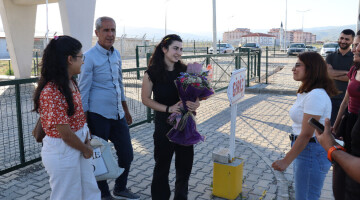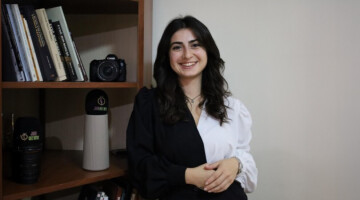Kurdish journalist Rabia Önver has been sentenced to prison in Turkey. A court in Van found the reporter for the all-female news agency JinNews guilty of " disseminating terror propaganda" for the Kurdistan Workers' Party (PKK). The prison sentence was set at one year, six months and 27 days, but the court postponed the sentencing. This is a special rule in Turkish law, similar to probation.
The background to the proceedings were Önver's Twitter posts, the content of which dealt with crimes against Kurds. The specific accusation was "chain-like terror propaganda in media organs". During an interrogation by the Turkish police's counter-terrorism department regarding the investigation, Önver had previously been questioned about, among other things, tweets about the political triple-murder of the Kurdish revolutionaries Sakine Cansız, Fidan Doğan and Leyla Şaylemez in 2013 by an MIT killer in Paris. Posts about the Roboski massacre, in which a total of 34 civilians were killed by the Turkish air force at the end of 2011, as well as the murder of human rights lawyer Tahir Elçi in 2015 in the old city of Amed (Diyarbakır) were also classified as "criminal" by the police at the time. The authorities based their investigation on the fact that Önver had shared videos showing people wearing cloth scarves in the "forbidden colours" of green, red and yellow. Further questions, according to the journalist, revolved around the location of the posted tweets and "the goal behind them".
Önver attended the trial via video from the Kurdish district of Gever (Yüksekova) and denied the accusations. She claimed that she had merely exercised her right to freedom of expression and fulfilled her duty as a journalist: to provide the public with information. She stated that there was no violation of Turkish law in question. Önver's lawyer, Harika Günay Karataş, criticized the fact that the prosecution assigned social media as a media outlet, contrary to the wording of the press law. This is unlawful, said the lawyer, accusing the police of having gone on a "virtual manhunt without a legal basis". She said the officers exceeded the limits of their powers and targeted her client in order to bring about an indictment and silence a "dissenter". "This permanent surveillance of the population by the security authorities will sooner or later lead to the whole country turning into one open-air prison," Karataş said.
The prosecution had demanded up to five years imprisonment against Rabia Önver - because of a "chain of offences". While the sentence is not yet final, Karataş announced that she would appeal.

